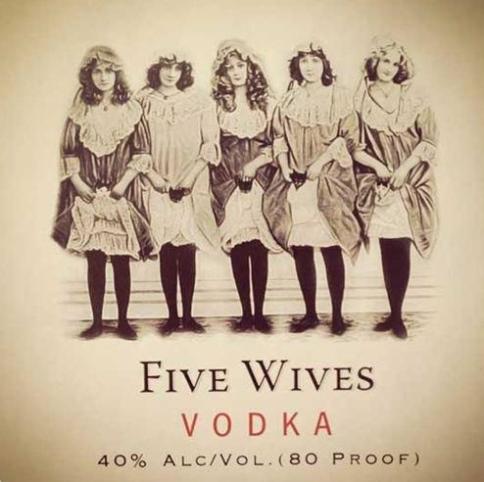According to the Utah-based Ogden’s Own Distillery, the state of Idaho has banned the company’s vodka label on the ground that the concept “is offensive to a prominent segment of our population.” That segment is, obviously, Mormons. The label is a tongue-in-cheek reference to Mormon polygamy in the 19th century, a practice which was discontinued by the main body of Mormons around the turn of the 20th century. Part of the label’s humor is the irony that pious Mormons do not drink alcohol.
The fact that Idaho can ban labels like this, without violating the First Amendment guarantee of freedom of expression, is an interesting historical fluke. Normally, government entities can ban labels only for things like obscenity, deceptive trade practices, and public health or safety. The fact that some members of a prominent religion might not get the humor is not usually grounds for censorship.
But in the area of liquor regulation, there is a giant loophole. The 21st Amendment to the U.S. Constitution (the one that repealed Prohibition in 1933) gave states the right to regulate the importation of alcoholic beverages in a discriminatory way. According to the U.S. Supreme Court, the 21st Amendment not only repealed Prohibition, but with respect to the importation of alcohol, it repealed the Commerce Clause and the Due Process and Equal Protection clauses of the Fourteenth Amendment. That means that in the area of liquor regulation, the First Amendment does not apply to states. So, with few exceptions, states have pretty much authoritarian control over the importation of liquor within their borders.
The ban is undoubtedly a fantastic public relations coup for Ogden’s Own Distillery. Idaho has unwittingly given the label prominence and free publicity that the distillery never could have dreamed. Thus, while the label might be officially banned from Idaho, we should expect its sales in Utah and elsewhere to rise.

